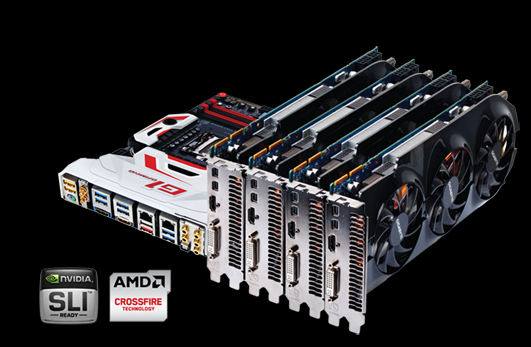TroyTalksNoMore
Supreme [H]ardness
- Joined
- Jun 10, 2004
- Messages
- 6,192
Subject says it all - what socket 1151 mobo has the most USB ports?
~ I have a ton of external HD's...
MORE: I'm planning a new gaming / streaming build w/ an i7-8700K, 1080 ti & vid-cap card.
Amazon.com: Elgato Game Capture 4K60 Pro, 4K 60fps capture card with ultra-low latency technology for recording PS4 Pro and Xbox One X gameplay, PCIe x4: Computers & Accessories
Amazon.com: Elgato Game Capture HD60 Pro, stream and record in 1080p
~ I have a ton of external HD's...
MORE: I'm planning a new gaming / streaming build w/ an i7-8700K, 1080 ti & vid-cap card.
Amazon.com: Elgato Game Capture 4K60 Pro, 4K 60fps capture card with ultra-low latency technology for recording PS4 Pro and Xbox One X gameplay, PCIe x4: Computers & Accessories
Amazon.com: Elgato Game Capture HD60 Pro, stream and record in 1080p
As an Amazon Associate, HardForum may earn from qualifying purchases.
![[H]ard|Forum](/styles/hardforum/xenforo/logo_dark.png)



